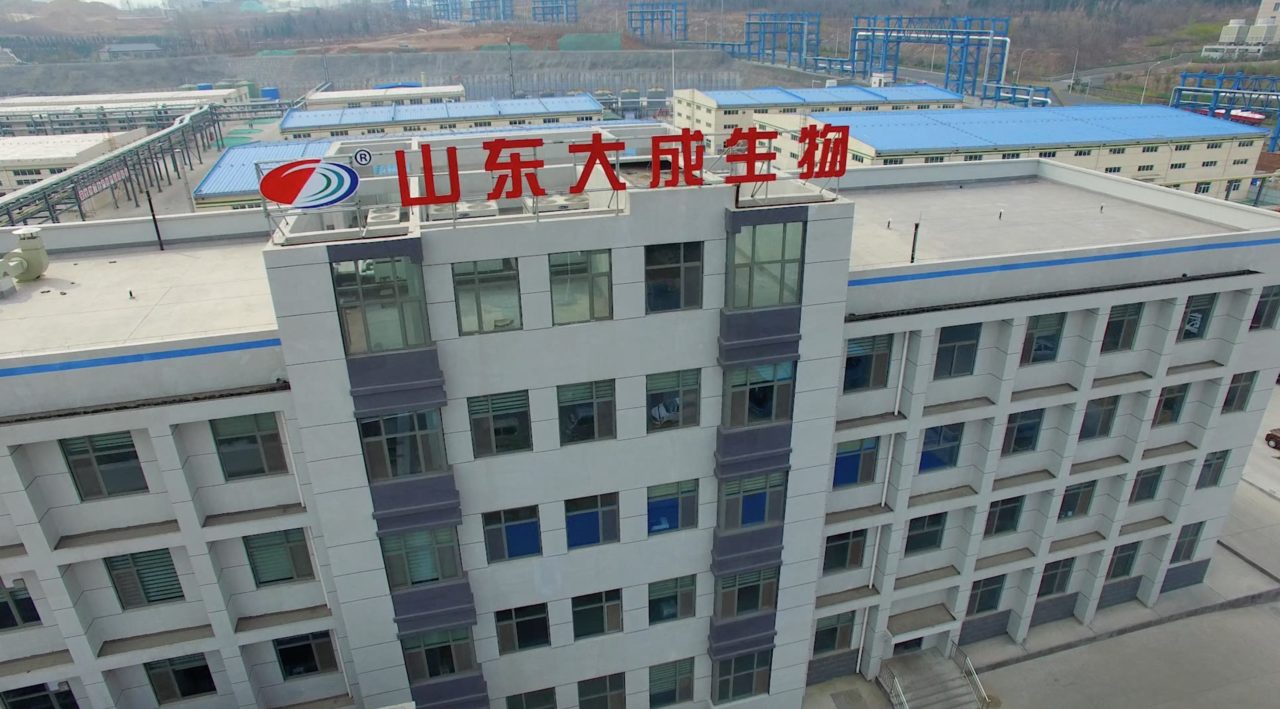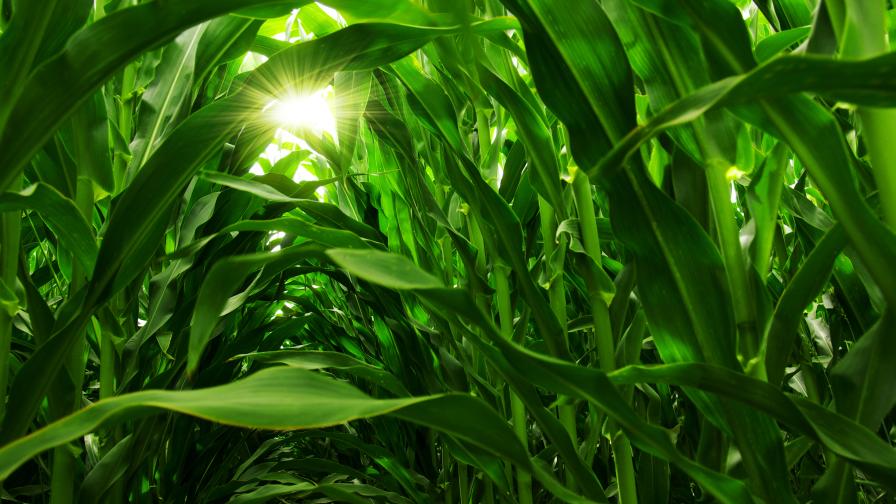GM Foods In New Zealand, Bahrain
Crop & Food will assess the vegetable resistance to caterpillar pests, such as white butterfly and diamond-back moth, after the vegetables (such as broccoli, cabbage, cauliflower, and forage kale) have been modified with genes derived from a soil bacterium.
Top Government Official Reassures Food Safety
Consumers in Bahrain have been reassured by Industry and Commerce Minister Dr Hassan Fakhro that any genetically modified (GM) foods that enter the country are safe. Shura Council members were told that GM foods could not enter Bahrain without proper testing, and that international studies have proved that licensed GM foods were safe for consumption.
Dr. Fakhro also advised that all food is inspected by the Health Ministry “to ensure it is good for human consumption, whether genetically-improved or not,” and that before Bahrain made any decision to change its GM food policy, it would await the outcome of the Codex Alimentarius Commission, to take place in Rome, Italy, this July. The Codex Alimentarius Commission, created by the Food and Agriculture Organization and World Health Organization in 1963 to develop food standards, is expected to come up with recommendations on the issue, which will be adhered to by Bahrain and other GCC countries.
“There are five ISO standards for GM foods, which we are going to study with our counterparts in other GCC countries this year to ensure that the foods entering our market are of new international standards,” advised Dr. Fakhro.





